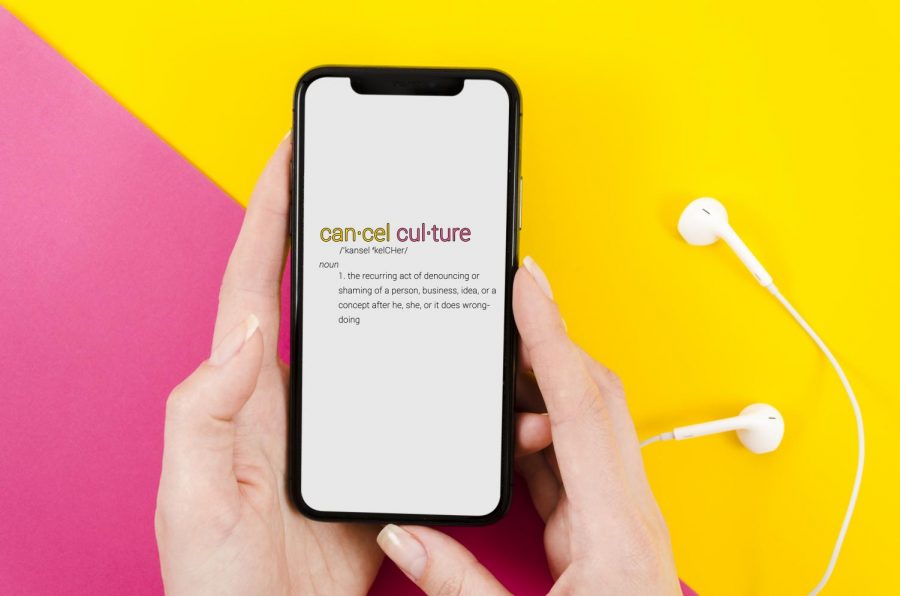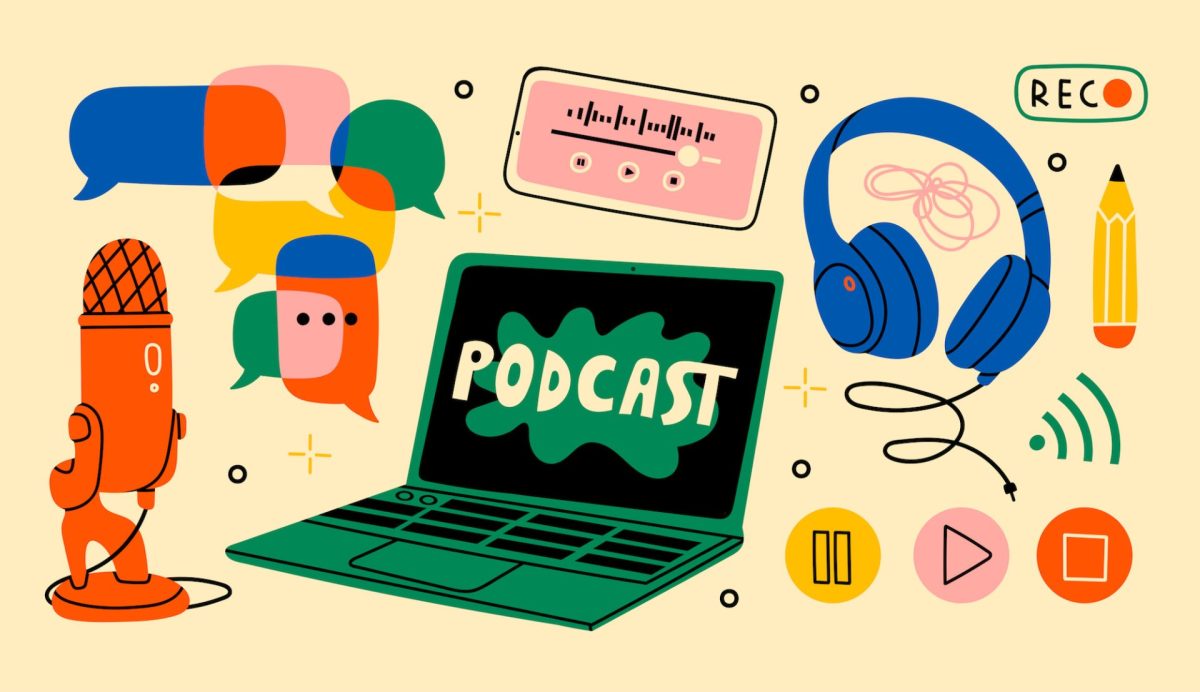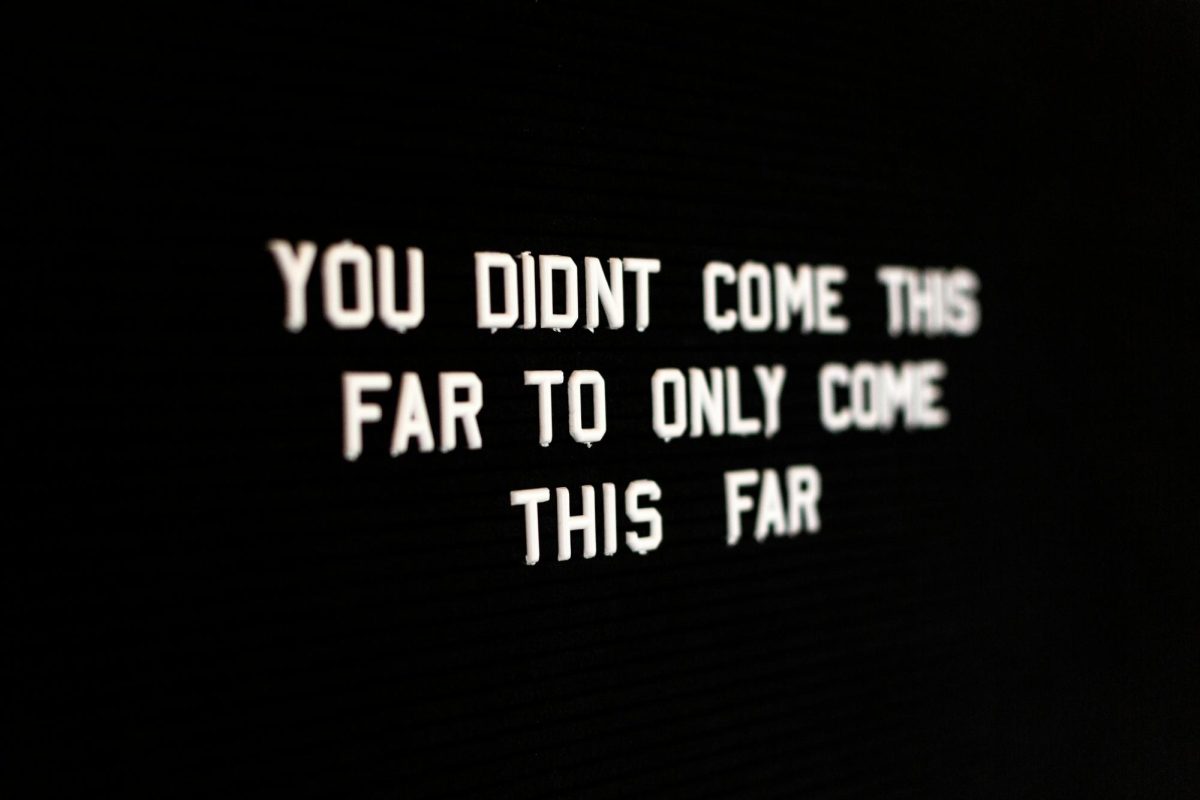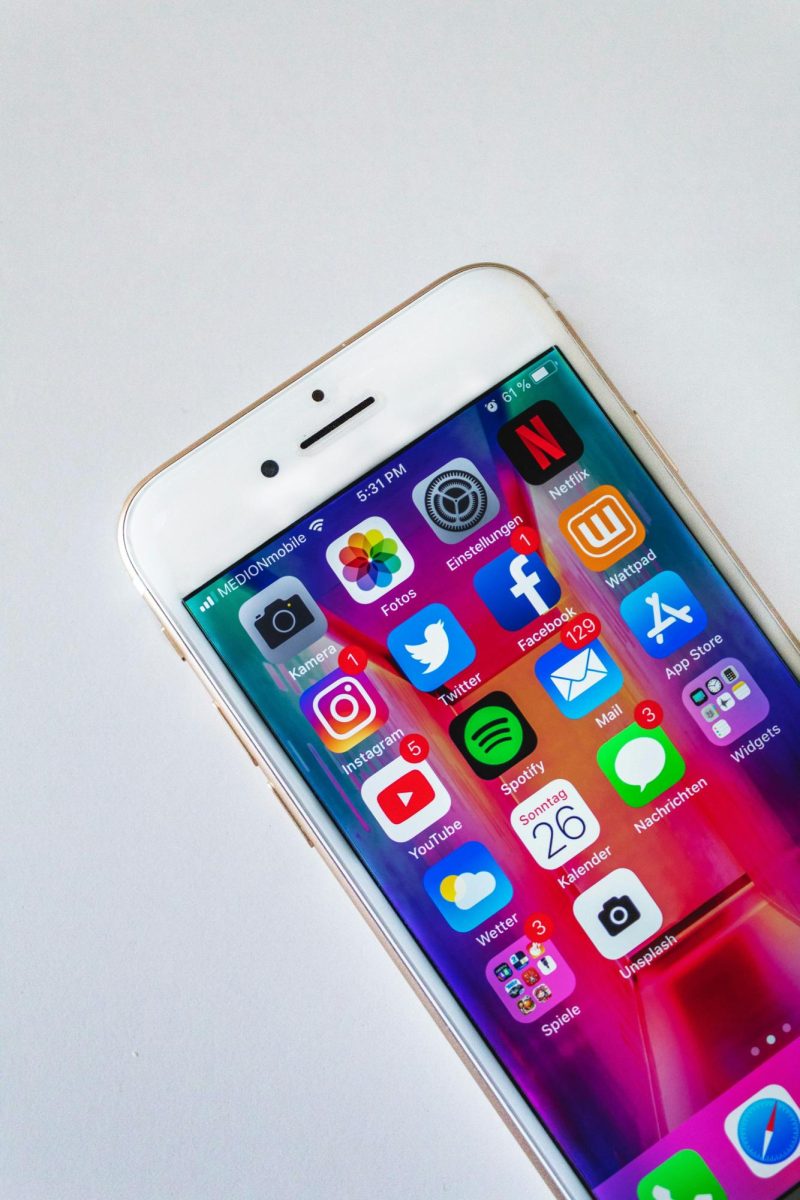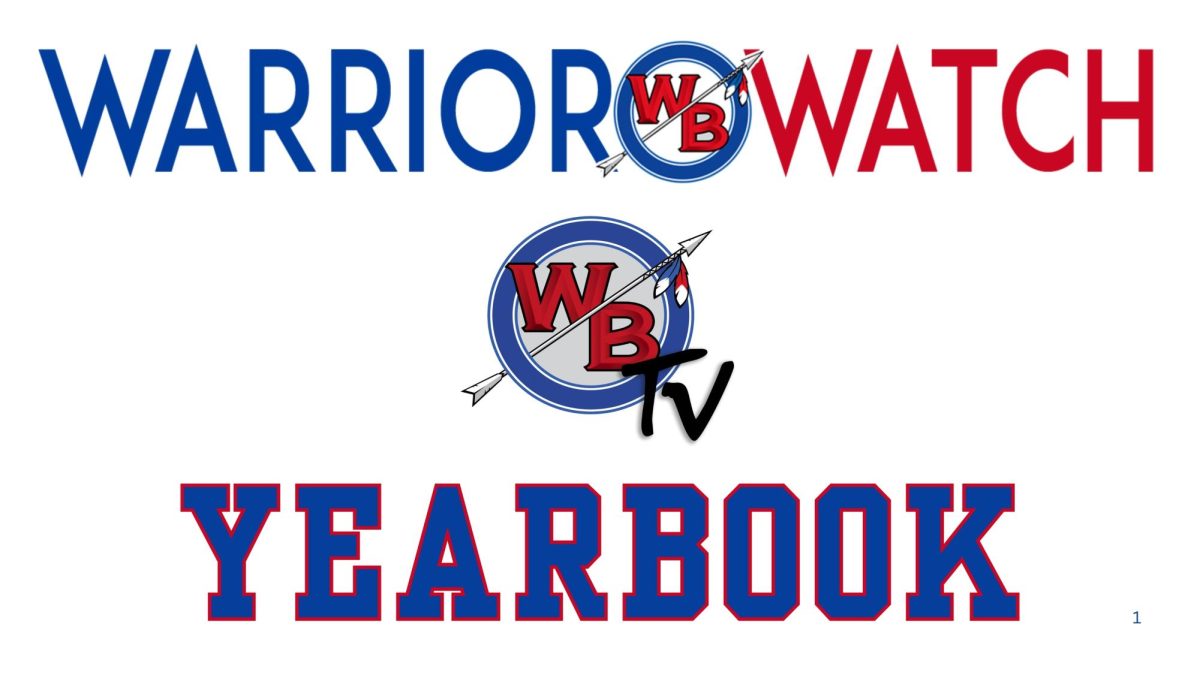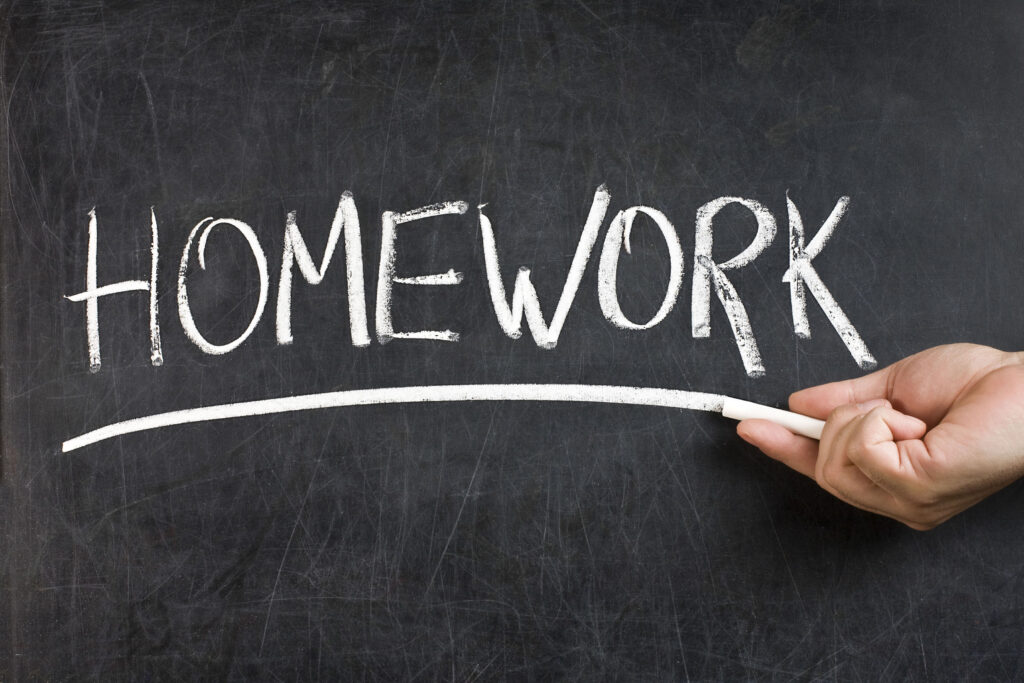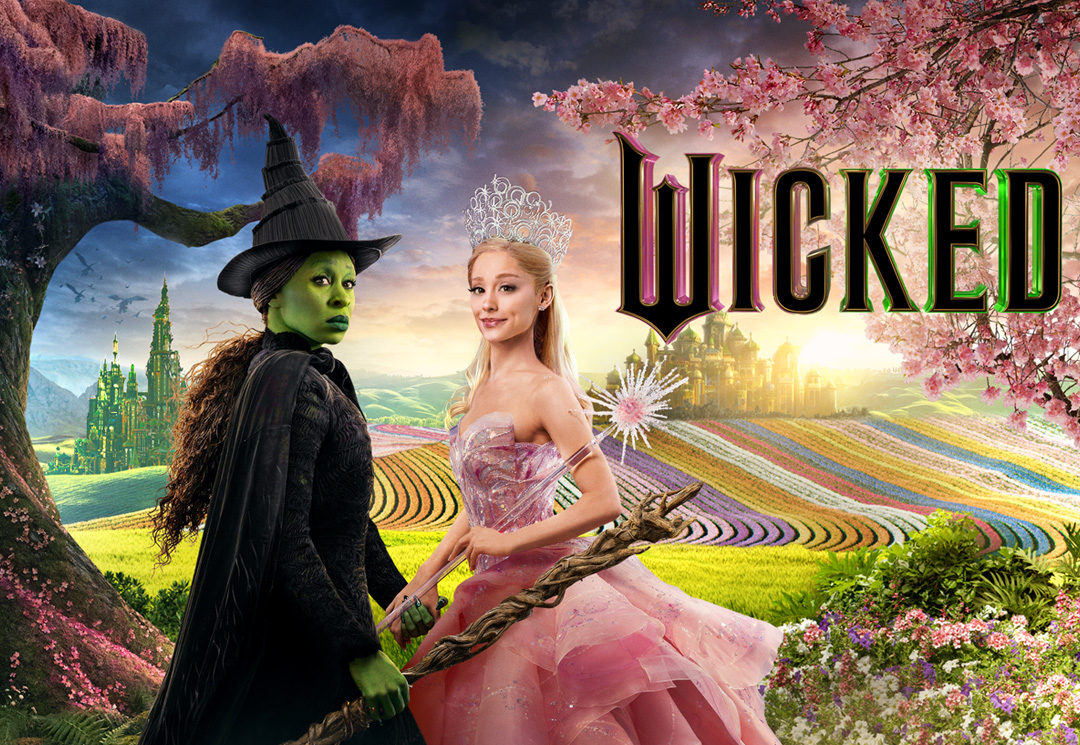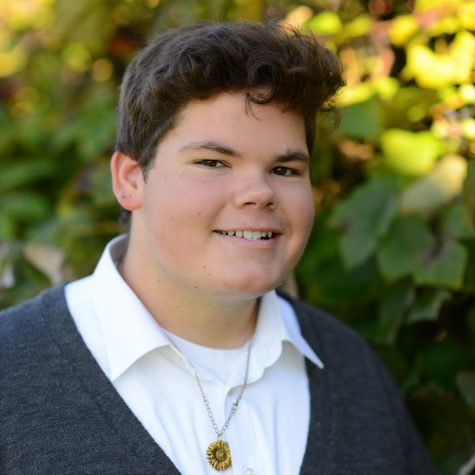When I first saw Elon Musk’s tweet in May of 2020, I agreed with his statement. In October of 2020, I agree with it even more. “Cancel Culture” needs to go.
What is “cancel culture”?
Cancel culture is the recurring act of denouncing or shaming of a person, business, idea, or a concept after he, she, or it does wrongdoing [1]. “It’s a cultural boycott,” remarks Lisa Nakamura, a professor at the University of Michigan [2]. At the 2020 Mount Rushmore Fireworks Celebration, President Donald Trump referred to it as a form of totalitarianism (a type of government that allows little to no freedom) [3].
I’ve even seen individuals get canceled and fired from television shows for things that have happened many years ago. For example, “The Flash” actor Hartley Sawyer got fired from his role after the fanbase brought up “hypocritical” and “racist” tweets from 2012. When an event like this happens, many people neglect to see the personal growth in a person’s behavior.
Basically, cancel culture can ruin lives.
When did cancel culture begin (and become popular)?
One of the first mentions of cancel culture was from Myles McNutt on Twitter, before cancel culture was even a “legible phrase” [1].
While people began talking more about the problematic action of canceling starting in 2017, the phrase, according to the Google Trends infographic seen above, really began to gain in popularity in late 2018-early 2019.
However, when examining the graph, a clear spike is seen during July of 2020. In my personal opinion, this is due to the death of George Floyd and the “rebirth” of the Black Lives Matter movement. In an article by Slate, Lili Loofbourow states that “Cancellations’ emerged in response to a lack of institutional power, and in response to systems designed to ignore legitimate complaints” [4]. When businesses, institutions, or even celebrities would not raise awareness about systemic racism, they would be canceled. When they would not speak up about police brutality, they could be canceled. Certain people would reference Albert Einstein: “If I were to remain silent, I’d be guilty of complicity.”
Where does “canceling” take place?
Cancel culture has a home at Twitter. When a celebrity or a business gets canceled, his, her, or its name is 99 percent of the time trending on Twitter. Take #NickCannon or #OscarsSoWhite for example, which happened to be trending on Twitter when that person and that organization got canceled.
Has canceling been turned into a joke after excessive use?
Cancel culture started out as a joke. Note this tweet, for example.
Now, cancel culture has become a joke as well. In the movie The Incredibles, the character Syndrome quotes “When everyone’s super, no one will be.” I know it’s silly to quote a fictional movie, but that’s how I see cancel culture. When everyone is canceled, no one will be. Nowadays it seems like there’s scandal after scandal, canceling after canceling. The term is thrown around so loosely, that it defeats the original point of canceling someone, to raise awareness for a certain topic.
I see the term thrown around in everyday life as a joke. I hear some people say “Watch out; you’re going to get canceled.” and sayings of the like. At this point in time, canceling someone has never been more irrelevant (which is ironic, considering that canceling was a big deal just a few months ago).
What is doxxing and how does it relate to cancel culture?
Doxxing, defined by Merriam-Webster, means “to publicly identify or publish private information about (someone) especially as a form of punishment or revenge” [5].
Doxxing someone can occur hand-in-hand with canceling but does not always. From my perspective, a doxxing is a “personal cancel”. Someone can, in fact, be doxxed without being canceled.
Take Kyle Quinn for example. He was recognized at a neo-nazi rally. After someone doxxed him for taking part in this rally, he, his family, and his friends all were affected, making their lives miserable for a while. However, he was mistakenly identified and doxxed for seemingly no reason [6].
It is important to note that doxxing is illegal under 18 U.S. Code § 2261A (Stalking) [7].
Is canceling a bad thing?
Short answer: yes. Although, many people have different opinions on such a topic.
Dee Nguyen was a contestant on the reality MTV program, The Challenge. However, after she “feuded with a contestant” about the BLM movement, she was immediately fired from the television show [8]. She was canceled.
Dee was one of many people who apologized for her actions. In this sense, cancel culture is able to be good in the sense that it made her realize a potential mistake she made. However, the days, weeks, or even months that a person can spend in misery-his or her reputation dragged through the mud-is a horrible thing that shouldn’t be put on almost anybody.
The fact that doesn’t sit right with me is that many people cancel others on opinionated statements. This could be something as simple as who someone is voting for in a presidential election. This is where I think that cancel culture goes too far.
See, when something like #OscarsSoWhite is trending, that could potentially be a good cause. For example, in 2016, “the governing board of the academy unanimously voted to double female and minority members by 2020” [9]. The public boycott brought out social change.
In conclusion…
Personally, I think everyone deserves a second chance. When someone needs to be reprimanded about their actions, it’s okay to unfollow or block a person on social media. However, I think rallying the entire Twitter audience to publicly boycott someone or something is wrong. Yes, boycotting someone or something, like the Oscars, can bring change for good, but when it turns into canceling and doxxing, I see a clear problem with that.
Cancel culture brings out the worst in people. People need to learn that canceling and doxxing are not okay, and that we need to forgive one another more often. If we cancel cancel culture, social media can be wiped away of the toxicity that this phenomenon has brought upon the public.



